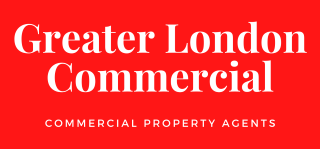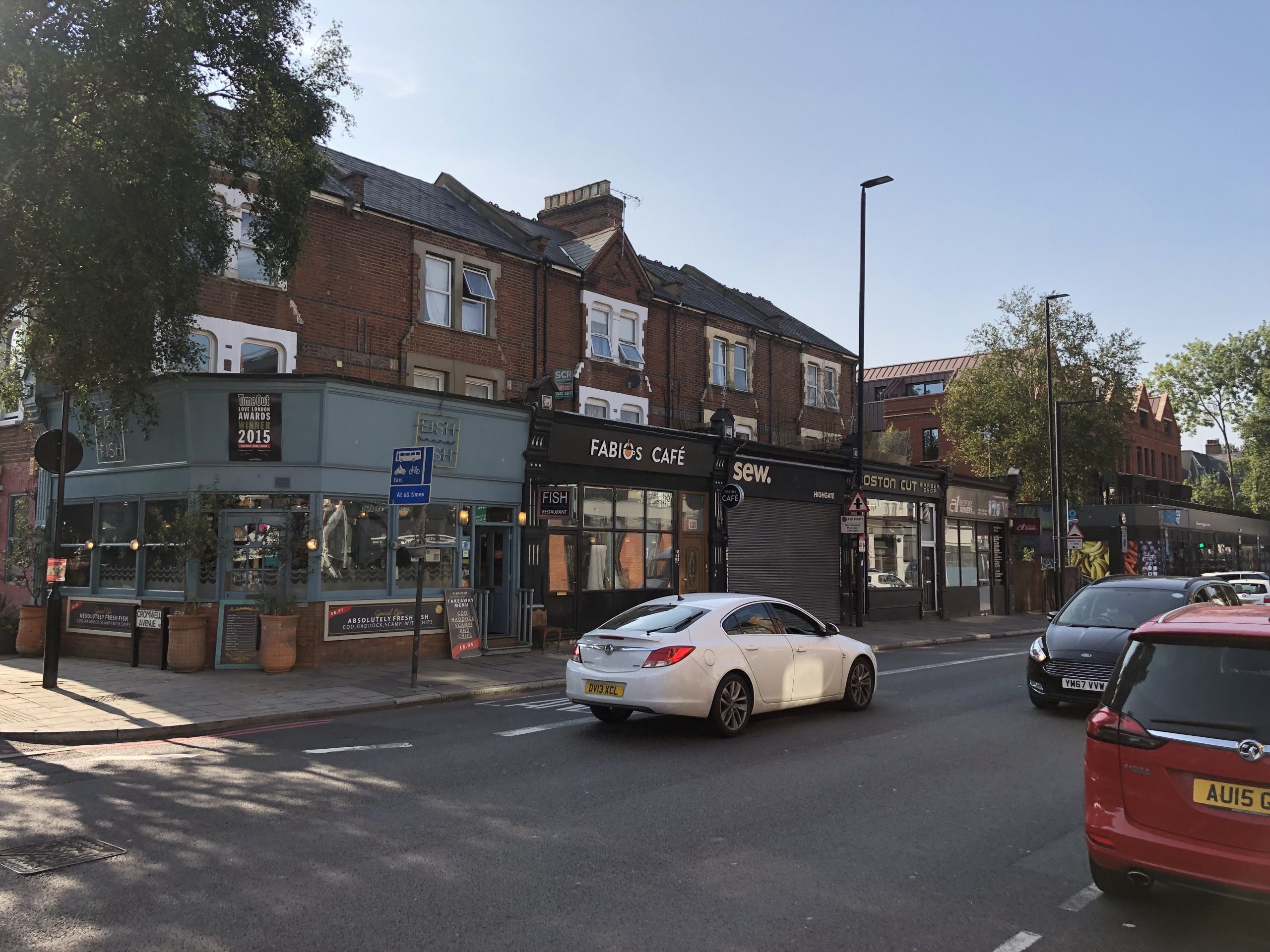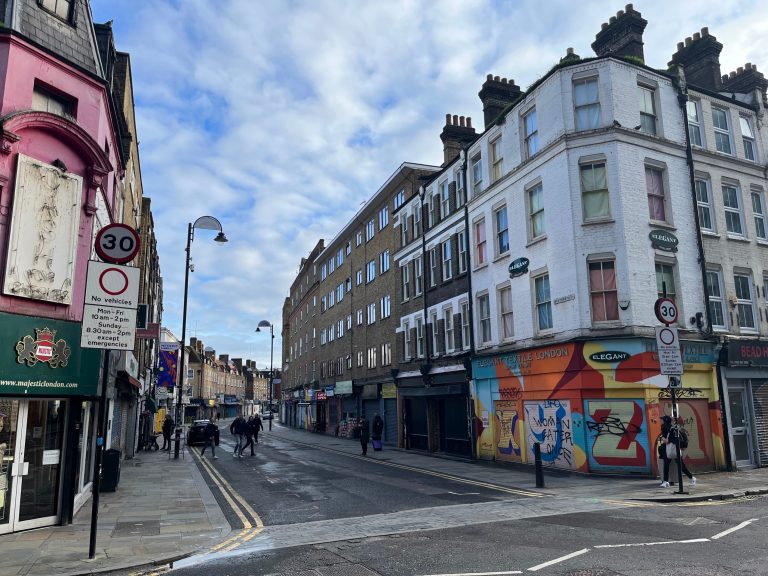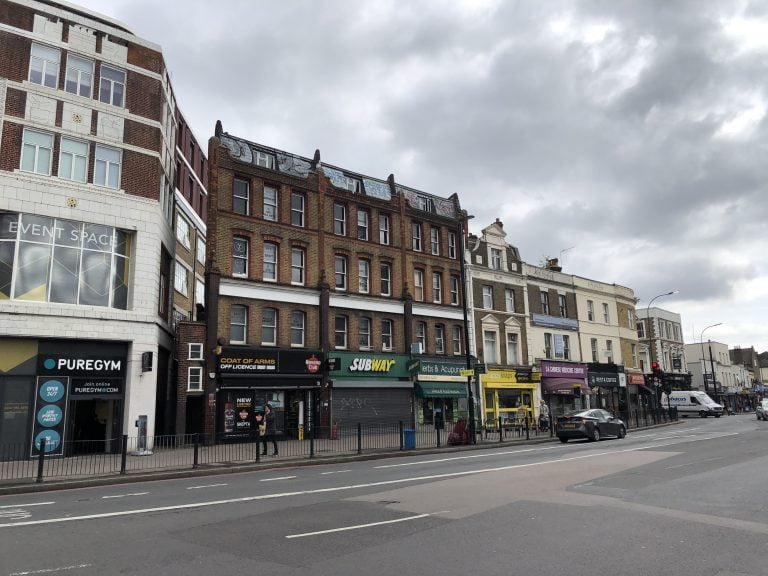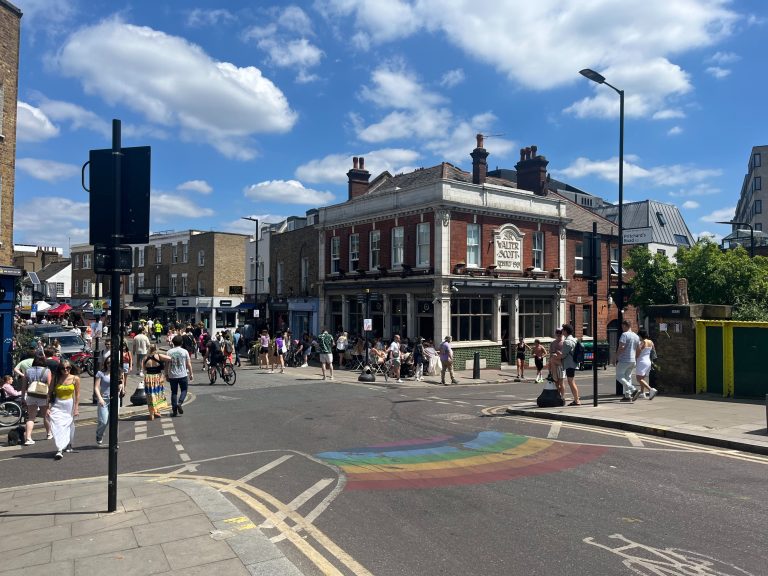How to Sell Commercial Property in Greater London!
If you own a Commercial Property and are considering selling, it is important to plan and prepare in order to achieve a successful sale. We review key information you should be aware of and issues to consider before you put your commercial premises onto the market for sale.

Greater London Commercial have put together our top tips and information, to pass on our expert advice as commercial property estate agents gained over years of experience selling commercial property across London and the home counties. Whether you are selling a shop, office, industrial, development site, medical, leisure, church, or investment, understanding the key information and the market gives you the best chance of achieving the best selling price for your commercial property!
What documents do you need to Sell a Commercial Property?
In order to to sell a commercial building or land a full package of property documents will be vital. The clearer, more complete and up to date the information the better chance you have of achieving the best possible disposal price. As a prospective buyer, what would you think if lots of information is missing or difficult to find out from a seller? You would overlook the property or adjust your interest, and offer accordingly.
Below is a list of the key documents which you either require or will greatly assist with the process of a commercial property sale:
- Energy Performance Certificate (EPC) – Does the property have valid EPC (if required of course)?
- Planning documentation (change of use, outline planning, etc) – Does the property have planning permission for it’s current use or an established use?
- Land Registry Documents (Deeds) – Is the property freehold? Is there a title plan showing the boundary of the property and is it accurate with the boundaries on site?
- Occupational Lease – is the property let to a commercial tenant? If it is then a copy of the lease and any accompanying documents (rent review memorandum, licence for alterations, etc) will be required.
- Do you have a copy of the current business rates assessment? – You can find this information via the VOA website.
- Electricity and Gas certification? – If the property has gas and electric then this is likely to be needed.
- Service Charge information?
- Asbestos Survey? – Depending on the age of the building this may be required to evidence the presence (or not) of asbestos containing materials in the building.
- Building Regulations – documentation related to any works under building control which have been carried out at the property.
- Floor plans – A floor plan may not strictly be necessary, but for marketing purposes it can be very useful especially if the property has conversion potential for other uses.
- Development sites – This may include site surveys and various other specialist reports on the land and buildings which gives a buyer information on a site.
Gathering the above information might not be needed to find a buyer necessarily, but it will be required to complete a sale. The buyer’s solicitor is likely to request such information. By diligently collecting this information before you plan to market a commercial property, it will greatly aid the marketability of your commercial premises, which encourages prospective buyers to put forward offers.
Marketing Price – How do you calculate the value of your Commercial Property?
There is a common misconception between a ‘marketing price‘ and a ‘valuation,’ which are used interchangeable in the wider property market (particularly by residential estate agents). A vendor can market their commercial property for any price they wish to (whether it be realistic or not), and that would be considered a marketing price. A valuation is different and is effectively a specific figure provided by a RICS valuer for a specific client and purpose, say bank lending, pension, or tax advice. As a commercial property estate agent (acting for the vendor), the role is slightly different, to try and maximise the potential sales proceeds from a commercial property sale in the market. When you sell a commercial property the price quoted is a marketing price.
In order to consider an appropriate marketing price many different factors contribute to that judgement. Factors that contribute to the marketing price of a commercial property:
- Location factors (Is there a new transport link or regeneration and investment planned?)
- Capital value £ / sq ft in the area (what are the capital values in the area?)
- Rental income the property could generate (is the property under or overrented?)
- The yield an investor would pay for the current or potential rental income (what do investors pay for a fully let investment on a new 10 year lease?)
- Development potential or scope to increase the rental income (could there be potential for a higher value alternative use?)
- Condition of the property (does the property require extensive refurbishment?)
- Legal interest (Freehold or a diminishing long leasehold interest) or restrictions (a short lease will dramatically reduce the value compared to a freehold interest)
- General market conditions and appetite for a particular shop, office or industrial property (Is suburban retail booming whilst retail parks suffer?)
- Availability of commercial property (is there a shortage of industrial property?)
- Current and future legislation (is there a change to EPC regulations making letting for investment more onerous?)
- Property Insurance (is the insurance up to date and valid?)
- General economy and financial markets (are interest rates rising / bank lending tougher?)
Deciding upon a marketing price is where specialist commercial property market knowledge is required. A knowledgeable and experienced commercial estate agent (like Greater London Commercial!) will be able to provide you with detailed marketing advice tailored to your property and circumstances.

Naturally most commercial property vendors wish to sell for the highest possible price and there is art and science in flushing out the best price a buyer will pay. It’s appropriate to consider the following when quoting a marketing price:
- Price stated as specific £x amount.
- Price stated as offers in the region of £x amount.
- Price stated as Offers in excess of £x amount.
- Price on application (with stated figure)
- Price with a best offers deadline or other formal deadline
- Guide Price (if selling at auction)
A marketing price needs contextual advice on the timing and the commercial property market. An appropriate marketing price will generate buyer interest and ultimately ensure a commercial property sells at the best price.
What methods of sale can you use to Sell a Commercial Property?
Once you have decided you wish to sell your shop, office or industrial property, thought must be given to which method of sale is appropriate for your commercial property and market. A very high value retail investment in central London will have a different buyer profile compared to a suburban shop and flat investment in outer London Boroughs. Also if your commercial property is in very poor condition or requires modernisation a different method of sale may be considered to a property in first class condition. Each type of commercial property (retail, offices, industrial, development, leisure, medical) has it’s own particular market and a well informed commercial property agent will be able to advise accordingly.
Private Treaty Method of Sale
The private treaty method of sale is the traditional way of selling the majority of commercial property. This is where the property is advertised to the market with an asking price and a seller and buyer can negotiate a sale based on agreed timescales and conditions. A seller is in control of the process and can choose to reject or accept offers.
The private treaty method of sale allows flexibility and a seller to have control of the sales process. A seller can negotiate with buyers as quickly or slowly as they wish. However this does mean the process can take time and a buyer and seller are only committed once sale contracts are exchanged.
The private treaty method of sale is appropriate for the majority of shops, offices, industrial, investments and development property. Many vendors prefer to have control of the process and it ensures the property is exposed to the market.
There are two main types of private treaty sale, either on the open market or off market.
Open Market
By marketing a commercial premises on the open market you are marketing the property publicly so in theory everyone in the market is aware. This usually means a marketing plan which includes a sales board or vinyl advertising placed onto the property, online commercial property website marketing and other digital or print advertising.
Open market property advertising is considered to be the most comprehensive way to market a commercial property for sale for maximum exposure. For most shops, offices and industrial property in Greater London, the open market method of sale will be most suitable.

Off Market
Marketing off market is where a commercial property is marketed to a select group of potential buyers and the property is not placed on the open market.
Off market property advertising can be used for a number of reasons. A vendor may wish to market a property subtly to not disturb a commercial tenant, for personal reasons, impact on existing property holdings, and other strategic reasons. For many very high value commercial property investments an owner may prefer discretion when marketing for sale. A well connected commercial property agent will have a network of potential buyers and can advise on the suitability to market on an off market basis.
Off market advertising can have a role in selling commercial property, however in our view it should be used selectively. For many commercial buildings it is best for the property to be exposed on the open market to be satisfied of the true level of buyer interest.
Auction
Going to auction to sell a commercial property is seen as a quicker process than the private treaty method of sale.
The auction route is commonly considered more appropriate for unusual properties or vendors who need a faster resolution for whatever reason that may be. The auction route is regularly considered in the following situations:
- Commercial properties in very poor condition
- When a property has complicated legal issues
- If a commercial property cannot be mortgaged
- Difficulty in obtaining access to the property
- Very unusual properties which are difficult to value and which rarely come to market
- Ground rents
- Long Leasehold property (with say 60 years or left on the lease)
An auctioneer will set a guide price which is displayed on the auction advert. There will also be a reserve price which is confidential between the client and auctioneer. The reserve price is the minimum price the vendor will allow the property to be sold at.
Commercial property auctions used to be held in grand hotels usually in central London, but are now mostly online since the covid pandemic. The online bidding takes place throughout the day of the auction. The highest bid at auction automatically exchanges contract (with a 5 to 10 % deposit), with completion usually occurring in 4 to 6 weeks after.
There are a number of commercial property auction companies covering Greater London area who offer an auction method of sale:
Market your Commercial Property For Sale
In order to sell your commercial building or land you will need to market the opportunity. As with all commercial property marketing it’s about being selective and choosing the most effective marketing routes for your property and market sector (shops, offices, industrial, occupiers, investors, etc). It’s very easy to spend a lot of money on marketing, and that’s where the advice of a commercial estate agent is crucial.

So what commercial property marketing can you undertake when selling!?
- On site Marketing (Commercial Property Sales Boards, Vinyl Advertising, Banners) – passing foot or road traffic is key
- Commercial Property Websites – Rightmove, Property Link, C0star, Realla, Zoopla, Movehut, PropList
- Mailing List / Databases – An experienced commercial property agent will have a database of buyers to target
- Social Media (Facebook, Twitter, Linkedin, Youtube, Instagram, etc) – Increasingly popular way to market commercial property
- Industry Publications – Estates Gazzette and Property Week
Every commercial property will be different and for that reason there is a need for a bespoke solution for each property to best maximise the marketing phase. The marketing plan for a vacant ground floor shop in outer East London, will be very different compared to a redundant 20,000 sq ft office block which has development potential in South West London. The quantity of exposure helps, but the exposure to the right commercial buyers is critical!
Do you need a solicitor to sell a Commercial Property?
In a short answer, yes! Whilst technically it may be possible to undertake some of the tasks, there are a number of legal responsibilities and therefore it would be very unwise to consider DIY commercial property conveyancing when disposing of a retail, office or industrial premises. Your solicitor will confirm terms of business, identification documents and a fee proposal.
Once heads of terms (HOTs) have been agreed between the seller and the buyer, the HOTs should be sent to your instructed commercial property solicitor.

A good commercial property solicitor is a crucial part of the sales process. Finding a buyer for your commercial building at a good price is all well and good, but you need commercial solicitor assistance to get the buyer to exchange and complete the deal! Your solicitor will be involved in the following steps:
- Obtain the title documents
- Contract pack – contract, title documents, EPC and Commercial Property Standard Enquiries (CPSEs)
- Answering questions raised by the buyer’s side
- The agreement of the sale contract and transfer deed
- Liaising with your lending institution regarding any redemption settlement figure due
- Exchange – exchange of contracts where usually a deposit is paid (say 10% of the purchase price)
- Completion – The sale completes and the legal title passes to the buyer
What does it cost to sell a Commercial Property?
When you initially contemplate selling a commercial property it’s wise to account what costs you may be liable for either on completion of a sale or prior. Common costs include the following:
- Commercial Property Agent / Auctioneer – A commercial agent or auctioneer will charge a commission rate around 1% to 3% plus VAT depending on the value of the property. There will also be a marketing expenses for advertising on websites or a sales board.
- Commercial Property Solicitor – A solicitor should give an expected fee quote or fixed fee to act on your behalf in the conveyancing of a sale. The more drawn out and complex a sale, the higher the fee a solicitor will charge.
- Tax – You may incur tax liabilities (capital gain tax for example) by selling a commercial premises. We strongly advise potential sellers to consult their accountant and financial adviser to identify what tax you may liable for.
- Mortgage or Financing – Depending on the terms of your finance agreement there may be fees related to this if you sell your commercial building. It’s important to speak to your lending institution to plan.
- Removal Cost – if you are moving your business you may incur costs or if you have to clear out a property that is full of rubbish or equipment, this will incur additional costs.
- Other Holding Costs – Depending on whether the property is empty or not, you may incur empty rates liabilities, insurance and security costs.
By planning for expected costs it will mitigate any surprises further down the commercial property selling process.
How long does it take to sell a commercial property?
This a common question commercial property owners have when they consider marketing a freehold for sale. How long it takes to find a buyer depends on many factors including the market conditions, the price, condition, location and the type of commercial property.
The Greater London commercial property market for freeholds is relatively strong, however in order to find a buyer and achieve a good price level it can take time. A well informed commercial property agent will give you an indication on timescales, however patience and flexibility should be shown if you want to achieve the best sales price level. Some properties can achieve lots of interest within days and weeks, where as other types of commercial property can take months to generate sufficient buyer interest. However to achieve the best outcome it may take longer!

In most instances a vendor of a commercial property will be well served by allowing at least 6 to 8 weeks on the market in order to allow potential buyers to consider, view and make offers for the property. However in order to achieve a successful sale of a commercial property it usually takes many months.
Finding a buyer and conclude a Commercial Property Sale
Once you find a buyer to acquire your commercial property, you will need to agree selling terms and conclude the sale legally. A suitably experienced commercial property agent will put together heads of terms which are to be agreed between purchaser and vendor. The heads of terms will include details on the buyer, vendor, price, funding, conditions, solicitor details and timescales for exchange of contracts and completion. A good commercial agent will vet a prospective buyer to ensure they have the funds / funding to perform and have qualified the offer as genuine.
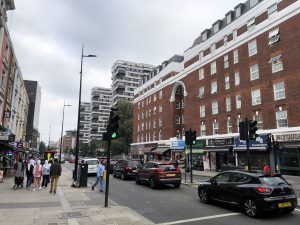
Whilst a lot of work is done once a buyer is found, there is still a lot to do with enquiries and questions to answer as part of the legal work before exchange and completion can take place. Having the expertise of a commercial solicitor and commercial estate agent is important to ensure the sale progresses. Remember a buyer is not legally bound until exchange of contracts!
We hope the above information has been useful to you. If you need to discuss anything about commercial property please feel free to get in touch.
Greater London Commercial can provide advice on how best to sell your commercial property! Please get in touch to discuss your commercial property.
